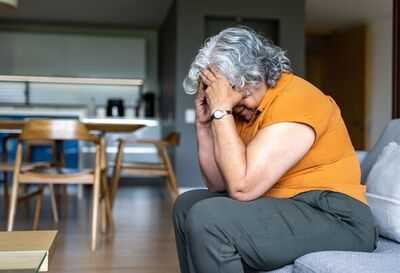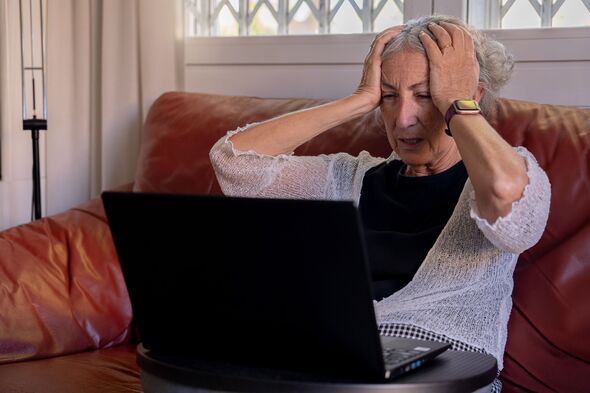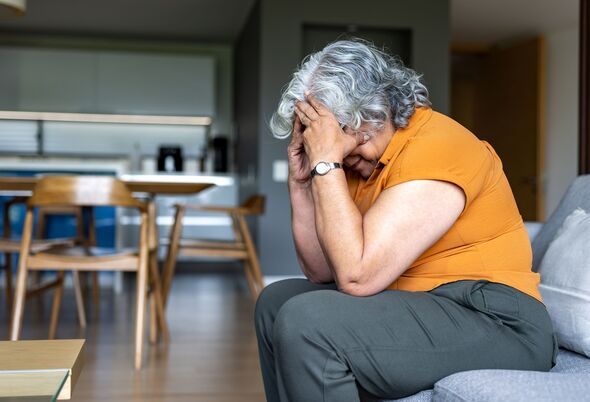

The Covid pandemic created the perfect conditions for older people to be abused, a charity chief said. In an astonishing assessment of appalling acts of domestic abuse that happened behind closed doors, Richard Robinson, Chief Executive of Hourglass, said: "We must be clear: the pandemic intensified existing inequalities, isolating older people and placing many in harm's way.
"We saw a sharp rise in abuse cases as victims were locked in with perpetrators and cut off from help. "Older people in general were left behind - not just in policy, but in protection - and older victim-survivors of domestic abuse were almost entirely ignored. That must never happen again."
Hourglass, the only UK-wide charity dedicated to ending the abuse of older people, said its chilling data revealed a 33% spike in calls to its helpline in 2020/21, with a further 22% increase the following year.
It saw a surge in psychological and sexual abuse cases and a doubling of reports involving abuse by neighbours.
There was widespread concern about neglect and loneliness, with nearly half of the public believing older people became more vulnerable to abuse during lockdown.
Evidence showed that 43% of adult family homicide victims during the pandemic were aged 65 or over.

Mr Robinson said: "Older people must no longer be an afterthought in crisis planning. Their safety, rights and dignity must be central to how we prepare for the future."
It comes after the charity claimed more than 2.6 million older people are abused - most in their own homes - every year.
One in five people over the age of 60 experience some form of financial or economic, physical, psychological, sexual abuse or neglect. The majority is committed by family members.
Reported cases of abuse committed against older people have risen in recent years, with the number of calls to the charity's helpline rising by 182% from around 4,500 in 2017 to 12,700 last year.
Polling by Hourglass and YouGov found a "significant lack of awareness" of the nature and prevalence of the abuse of older people, with more than 26% of people not believing forcing an older relative to change their will was an act of abuse.
Abuse of older people is estimated to cost the UK economy more than £16 billion every year, a figure set to rise to £25 billion by 2050.
The crisis comes as ministers continue to refuse to appoint an older people's tsar to champion their hopes and fears.
Baroness Ros Altmann, 68, was set to be made Minister for Ageing by David Cameron in 2015 but the move was blocked by the Department for Work and Pensions.
The then PM was set to announce her as deputy chair of an inter-ministerial group on ageing. The Cabinet Office position - in effect, Britain's first older people's tsar - would have seen her become a public ambassador for ageing issues and hold the government and public and private service providers to account. But her appointment was scrapped after opposition within the government. Six months later, Mr Cameron resigned.
She said: "Many just want old people to disappear. And the frenetic pace of life these days has left so many feeling marginalised."